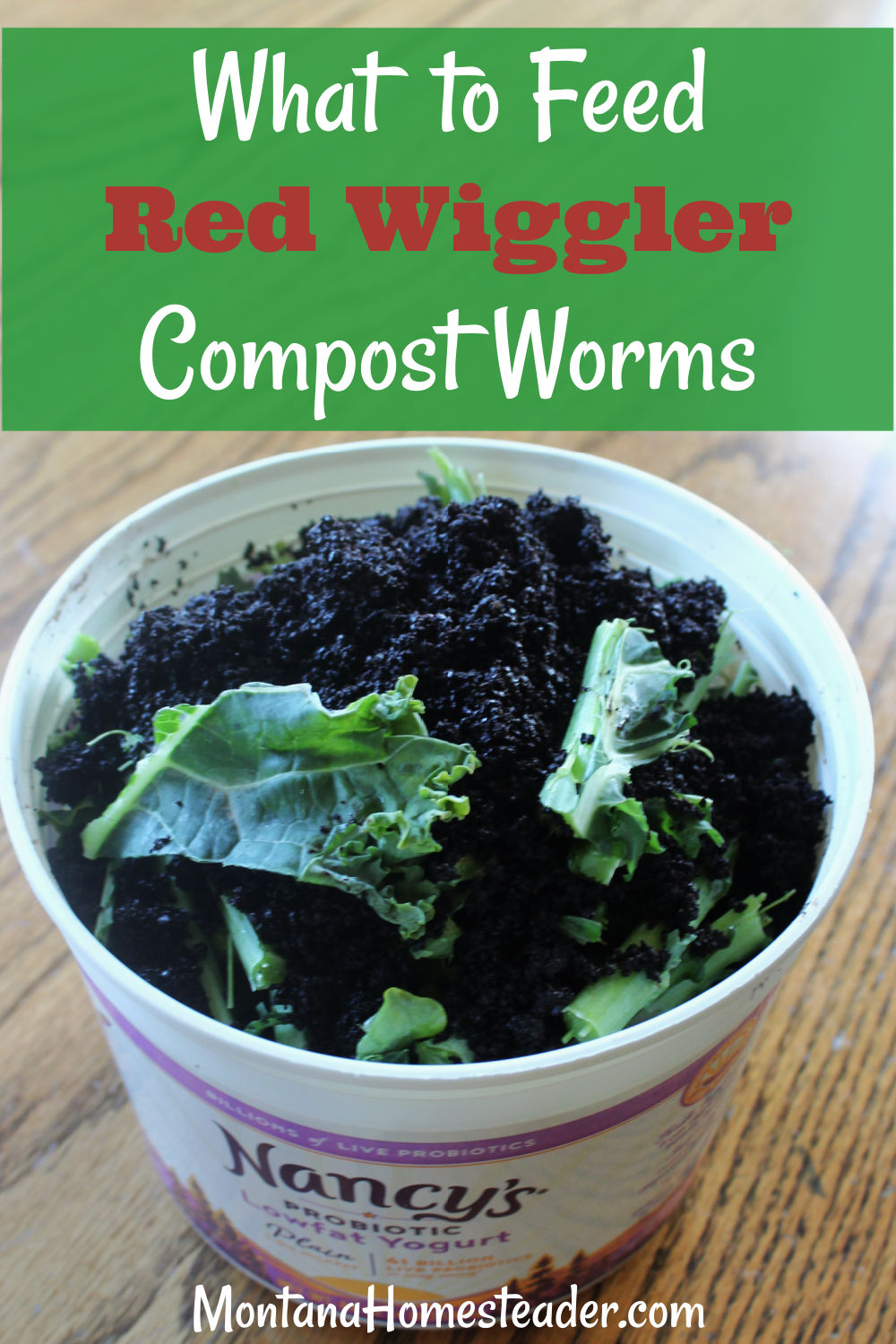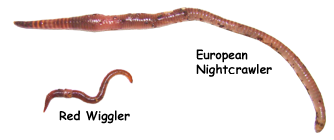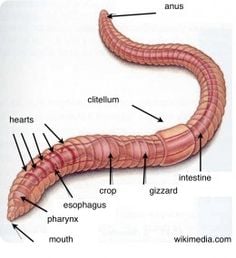Red Wiggler Worms - Perfect for Vermicomposting and Dirt Enrichment
Red Wiggler Worms - Perfect for Vermicomposting and Dirt Enrichment
Blog Article
Red Wiggler Worms Demystified: Unlocking the Tricks of Vermiculture for Greener Living and Nutrient-Rich Dirt
In the realm of sustainable techniques for enhancing soil top quality and advertising eco-conscious living, red wiggler worms play a pivotal yet usually ignored role. Red Wiggler Worms. Understanding the details of caring for these worms, optimizing their atmosphere, and utilizing their spreadings can lead to a greener way of life and much healthier soil for plants to prosper.
The Role of Red Wiggler Worms
Red Wiggler worms play an important function in composting systems by successfully breaking down organic matter right into nutrient-rich castings. These starved eaters eat a range of natural materials, such as cooking area scraps, backyard waste, and paper products. As they feed, the worms' digestion processes damage down the raw material right into a fine, dark, and nutrient-dense material known as worm spreadings or vermicompost.
The spreadings created by Red Wiggler worms are highly helpful for dirt health and wellness and plant development. They are abundant in important nutrients like potassium, phosphorus, and nitrogen, which are vital for supporting healthy and balanced plant growth. In addition, worm spreadings have helpful germs and enzymes that help improve soil structure, increase water retention, and enhance nutrient uptake by plants.
Benefits of Vermicomposting

It enhances dirt framework, enhances dirt aeration, and boosts dirt dampness retention. Vermicompost also improves the soil with crucial nutrients like nitrogen, potassium, and phosphorus, advertising plant growth and overall dirt fertility.
Additionally, vermicomposting supports lasting horticulture methods by supplying a natural and chemical-free option to artificial plant foods. Red Wiggler Worms. This eco-friendly method not just improves the soil however likewise helps in reducing dependence on unsafe chemicals, advertising a greener and much more lasting method of horticulture
Establishing Up a Worm Bin
When establishing a worm container for vermicomposting, proper setup is critical to make certain the success of the composting procedure. The initial action in establishing up a worm bin is picking an appropriate container.
After adding the bed linens, introduce the red wiggler worms to the bin. It is recommended to start with a handful of worms and slowly increase as they multiply. The worms need to then be given with food scraps such as vegetables and fruit peels, coffee grounds, and eggshells. It is important to avoid including meat, milk, oily, or salted foods to avoid bring in parasites and creating unpleasant smells.
On a regular basis keep track of the wetness levels and temperature level in the worm bin to guarantee ideal problems for the worms. With appropriate setup and maintenance, the worm container will effectively transform natural waste into nutrient-rich compost for your plants and yard.
Harvesting Worm Castings
To effectively gather nutrient-rich worm spreadings from your vermicomposting system, a systematic harvesting approach is essential. There are a few key actions to comply with to make sure a successful process when it comes time to harvest the worm spreadings. Quit adding fresh food scraps to one side of the worm bin for a pair of weeks before gathering. This urges the worms to move to the side with fresh bedding and food, making it simpler to dig the spreadings from the opposite side.

Troubleshooting Common Issues
Identifying and dealing with usual obstacles that might develop during the vermicomposting process this contact form is critical for maintaining a healthy and effective worm bin. One common concern that vermicomposters encounter is overfeeding. Adding excess food scraps can lead to a build-up of dampness and acidity in the worm container, possibly harming the worms. To stop this, feed the worms in moderation, ensuring that the food scraps are properly damaged down prior to adding a lot more. An additional problem is unpleasant smells originating from the worm container. Foul scents show anaerobic conditions, normally triggered by overwatering or poor ventilation. To fix this, change the dampness degrees by adding dry bed linens materials like shredded paper or cardboard and increase aeration by transforming the bed linen consistently.
Additionally, if the worm population is declining or the worms appear harmful, maybe as a result of environmental stressors such as extreme temperature levels or pH degrees. Checking these factors and making required modifications is vital for the well-being of the worms. By repairing these typical concerns quickly, vermicomposters can make sure a successful and smooth vermicomposting procedure while maintaining a flourishing worm populace.

Final Thought
In final thought, red wiggler worms play a critical role in vermiculture by breaking down natural issue into nutrient-rich dirt. Establishing up a worm container is important for successful vermiculture, and gathering worm castings provides beneficial compost for gardening.
As they feed, the worms' digestive processes break down the organic matter right into a fine, dark, and nutrient-dense material understood as worm spreadings or vermicompost.
The spreadings created by Red see it here Wiggler worms are highly beneficial for dirt health and wellness and plant growth. Including excess food scraps can lead to a buildup try this out of moisture and acidity in the worm bin, potentially hurting the worms.Additionally, if the worm populace is declining or the worms show up unhealthy, it could be due to environmental stressors such as extreme temperature levels or pH degrees. Establishing up a worm container is crucial for effective vermiculture, and collecting worm spreadings gives useful garden compost for gardening.
Report this page